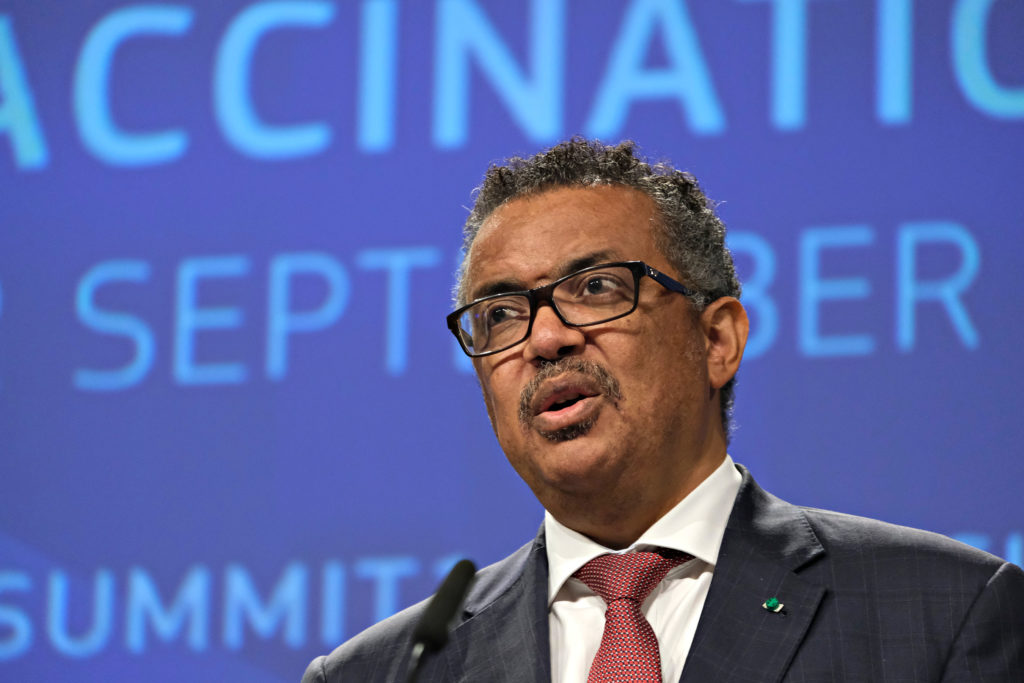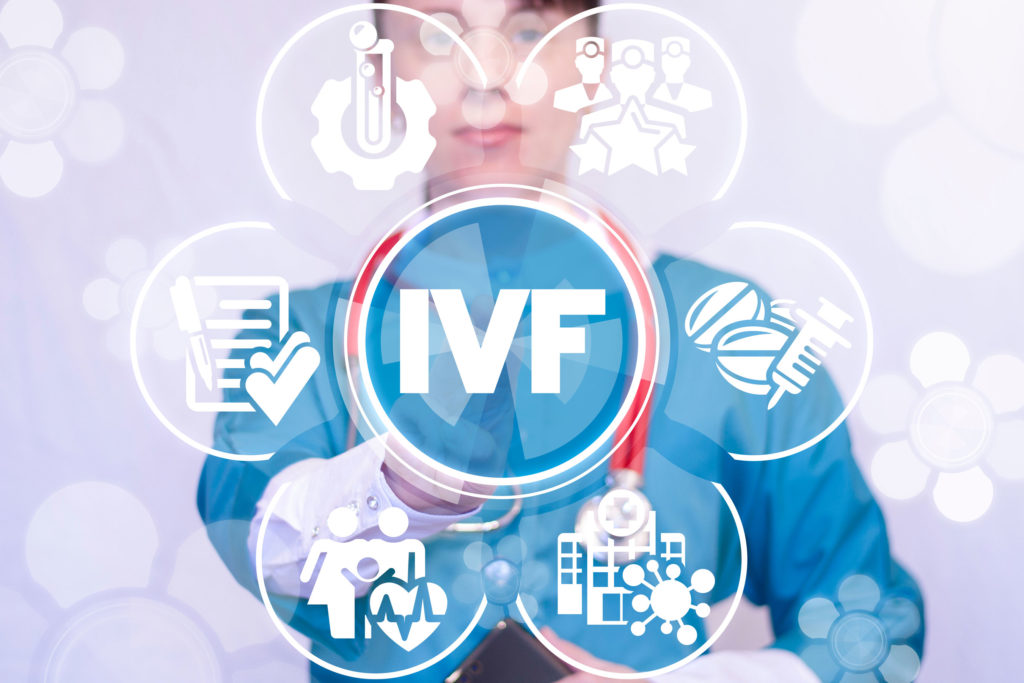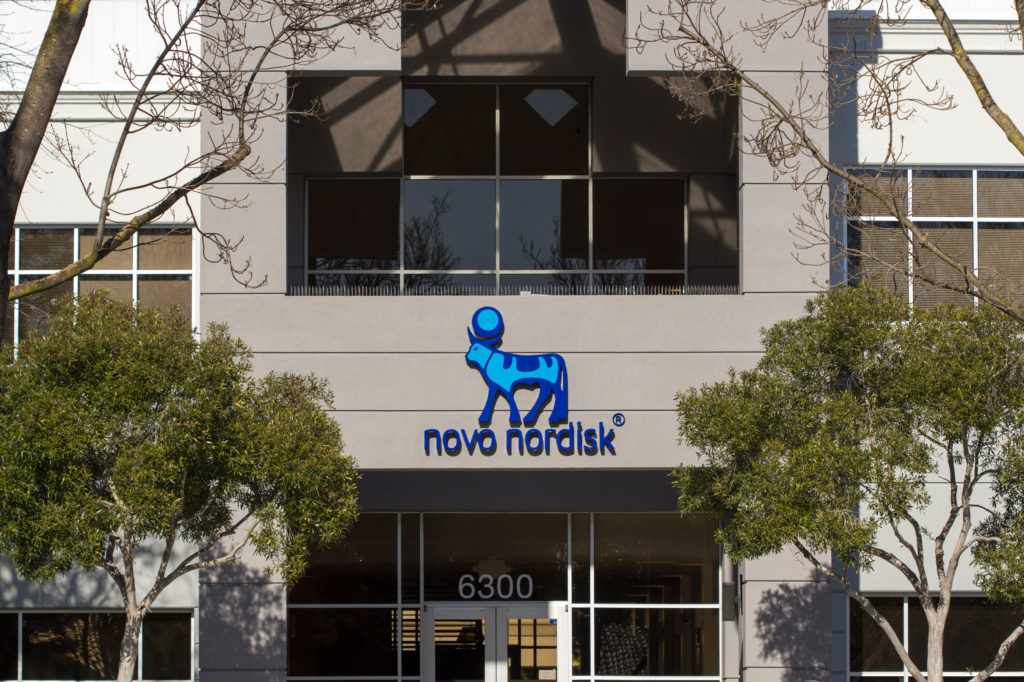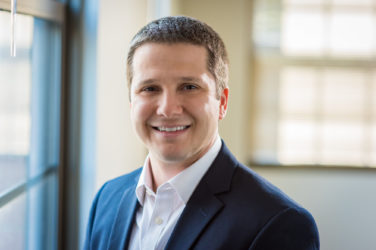U.S. Halts WHO Funding
 President Trump has announced that he will withhold funds to the World Health Organization as the U.S. investigates its handling of information surrounding the coronavirus outbreak. “As the organization’s leading sponsor, the United States has a duty to insist on full accountability,” he said. Many believe that even if mistakes were made, this is no time to cripple the leading international organization fighting the deadly pandemic.
President Trump has announced that he will withhold funds to the World Health Organization as the U.S. investigates its handling of information surrounding the coronavirus outbreak. “As the organization’s leading sponsor, the United States has a duty to insist on full accountability,” he said. Many believe that even if mistakes were made, this is no time to cripple the leading international organization fighting the deadly pandemic.
In its last two-year funding cycle, WHO pulled in $893 million, with the U.S. accounting for 14.7% of that as the largest donor. The second largest funder is the Bill & Melinda Gates Foundation, an American, private donor. The government believes that WHO should not have opposed travel bans due to economic fallout this past January and February, and did not confront China’s lack of transparency concerning early outbreak statistics. The president may not be able to single handedly pull funding from a world organization, but he can redirect funds to organizations with similar goals.
WHO is now asking for additional funding to help countries collaborate with data and research in order to reach a treatment more quickly. In the 70 years since its founding, WHO has done this to solve smallpox, reduce polio cases by 99%, and battle outbreaks like Ebola.
António Guterres, Secretary-General of the United Nations, which is the WHO’s parent organization, said in a statement that, “Once we have finally turned the page on this epidemic, there must be a time to look back fully to understand how such a disease emerged and spread its devastation so quickly across the globe, and how all those involved reacted to the crisis. But now is not that time…it is also not the time to reduce the resources for the operations of the World Health Organization or any other humanitarian organization in the fight against the virus.”
Cassava Sciences Receives $2.5 Million from NIH
The NIH granted the clinical biotech a $2.5 million research grant to support the on-going clinical evaluation of PTI-125, the company’s lead investigational drug for Alzheimer’s. The unique drug is designed to improve both neurodegeneration and neuroinflammation in patients with Alzheimer’s disease. PTI-125 shows promise as an orally delivered, small molecule drug that restores the normal shape and function of altered filamin A (FLNA), a scaffolding protein, in the brain. Altered FLNA in the brain seems to be a major contributor to Alzheimer’s, disrupting the normal function of neurons, leading to neurodegeneration and neuroinflammation. No other drug targets this protein. “We are once again most grateful to the NIH for its support of the clinical evaluation of PTI-125,” stated Remi Barbier, President and CEO of Cassava Sciences. “This new research grant award will support our on-going open-label study of PTI-125 in patients with Alzheimer’s disease.”
Partnership Announced for IVF Drug Development
 Granata Bio and IBSA Group are partnering to develop IBSA’s Prolutex, a luteal phase supplement for women undergoing in vitro fertilization (IVF) as part of an Assisted Reproductive Technology (ART) treatment program. Currently, the only progesterone options for those undergoing IVF in the U.S. are intervaginal tablets and gels.
Granata Bio and IBSA Group are partnering to develop IBSA’s Prolutex, a luteal phase supplement for women undergoing in vitro fertilization (IVF) as part of an Assisted Reproductive Technology (ART) treatment program. Currently, the only progesterone options for those undergoing IVF in the U.S. are intervaginal tablets and gels.
“U.S. patients undergoing fertility treatment—especially those utilizing frozen embryo transfer—have limited options for luteal phase support,” Evan Sussman, Co-Founder and CEO of Granata Bio, said in a statement. “We hope that subcutaneous progesterone, if approved, can help address this unmet patient need. We are excited to collaborate with IBSA, a leader in fertility, in advancing towards that goal.”
IBSA, a leader in reproductive health, has already launched the product in 32 countries and partnered with Granata, a company focused on meeting unmet needs in women’s health and fertility, to bring the treatment option to women in the U.S. As a subcutaneous injection, Prolutex can be quickly and efficiently administered by a doctor.
ITI, EpiVax, and PharmaJet Unite for COVID-19 Vaccine
Immunomic Therapeutics (ITI) is developing a nucleic acid vaccine candidate for COVID-19 by using its UNITE platform. EpiVax and PharmaJet, leaders in drug delivery, are developing a method to effectively deliver the preventative vaccine to all users. EpiVax will leverage its silico T cell epitope prediction tool, while PharmaJet will provide its Tropis Needle-free Injection System that precisely targets delivery to the intradermal tissue layer. Immunomic and the partnership aims to create a vaccine against COVID-19 that produces broad and potent immune responses, is feasible for rapid-responses, scalable, thermostable, safe, and easy to administer by healthcare professionals.
“Savings” and “Coverage” Are Hot Search Words
AdComplyRx reports that since the outbreak of the pandemic, pharma company search ads that include words like “savings” and “coverage” have surged. It seems like consumer behavior is leading the trend, but why? As stay-at-home orders keep people indoors, more are turning to the internet and searching “savings,” “coverage,” and how to “fill” or “refill prescriptions.” Pharma companies submit dozens of different search ads to Google, with those ads essentially sitting on file in the ad platform’s database. These search words are now signaling Google to serve up ads that contain these keywords, Ian Orekondy, CEO of AdComplyRx, the pharma-focused search engine compliance company, explains.
“Coverage”-based ads were up 40% while “savings” ads were up 11%. Since “savings” is already a popular term in prescription drug searches, the increase is statistically significant. This may be a good time for pharma companies to imbue their ads and information with these keywords, in order to reach an audience forced to turn to the internet for answers now more than ever.
Novo Nordisk Expands Free Insulin to COVID-19 Patients
 With layoffs on the rise and healthcare insurance a major concern for the millions that have become unemployed, pharma companies are easing policies. Novo Nordisk will expand its free insulin access program, which provides a 90-day supply, to patients with diabetes who have lost their healthcare access due to COVID-19. Patients are required to provide proof of healthcare loss and a valid prescription for Novo Nordisk insulin to apply. While more than 50,000 U.S. patients received free insulin through Novo’s program in 2019, Medicare patients were required to pay $1,000 before being eligible for the program. As of April 1st, this fee has been waived.
With layoffs on the rise and healthcare insurance a major concern for the millions that have become unemployed, pharma companies are easing policies. Novo Nordisk will expand its free insulin access program, which provides a 90-day supply, to patients with diabetes who have lost their healthcare access due to COVID-19. Patients are required to provide proof of healthcare loss and a valid prescription for Novo Nordisk insulin to apply. While more than 50,000 U.S. patients received free insulin through Novo’s program in 2019, Medicare patients were required to pay $1,000 before being eligible for the program. As of April 1st, this fee has been waived.
Other pharma companies have been extending access as well. Eli Lilly began offering its insulin for $35 per month regardless of whether patients have commercial insurance. While it doesn’t apply to Medicare D patients, the company says these patients may be eligible for other, similar programs. Bristol Myers Squibb is offering free access to any of its branded meds, with immediate access available to patients who have recently lost employment and health insurance.
Gilead Taps Oncology Biotech
Through its $12.9 billion buyout of biotech Kite Pharma, Gilead has also finalized a new deal with the lesser known Australian biotech oNKo-innate. The company uses genome-wide screening technology to find new immune cell targets that boost Natural Killer (NK) cells efficiency, bolstering anti-tumor immunity, leading to NK cell therapies. This work is intended to further Gilead’s CAR-T research, since NK cells come from the T cell family. They could be more effective than T cells and may come without the side effects of current T cell therapies, which include cytokine release syndrome, an effect of CAR-T cells activating the immune system too strongly, which is an inflammatory response that leads to fever and organ dysfunction.
Jai Rautela, PhD, Co-founder and CEO of oNKo-innate, stated: “With more than 20 years of collective academic expertise in NK cell biology, we have long believed in the potential for NK cells to play a role in cancer immunotherapy. We look forward to bringing this NK cell expertise and our unique screening techniques into a collaboration with Gilead and Kite to serve a common goal of discovering new treatments for patients.”
Merck Investing Heavily in Gene Therapy
Merck KGaA and its subsidiary MilliporeSigma continue to hedge their bets on the gene therapy space with a second viral vector facility in Carlsbad, CA, this time investing $110 million.
“Viral vector manufacturing has transitioned from a niche industry to the cornerstone of the future of biopharmaceuticals,” MilliporeSigma CEO Udit Batra said in a release. “Few companies have the scale and quality systems in place for manufacturing commercial viral vector products.” The expansion will aid in production of gene therapy, viral vaccine, and immunotherapy products.
Big Pharma Asks for Gov Funding for COVID-19 Vaccine
Big pharma company executives are expressing concern that they’ll run out of funding to develop coronavirus vaccines as stimulus programs die down. Experts say a vaccine won’t be ready nearly as soon as government agencies hope, and pharma companies are concerned they’ll foot the bill when society starts to lose interest.
The concern stems from the need to ramp up typical production exponentially for a vaccine that will be needed by most of the world. The capital is necessary for sourcing raw materials and supporting manufacturing processes. “The investment required is too large for any company,” said Christophe Weber, CEO of Takeda, which is planning on entering clinical trials for a plasma-derived vaccine and starting production, upon approval, as early as this year. David Ricks, Chairman and CEO of Eli Lilly and current President of the International Federation of Pharmaceutical Manufacturers and Associations, also stated the need for government cash, claiming that pharma is not trying to profit off of the unfortunate circumstances, but needs to offer their investors a return on investment if they are to get any capital for manufacturing in the first place.








